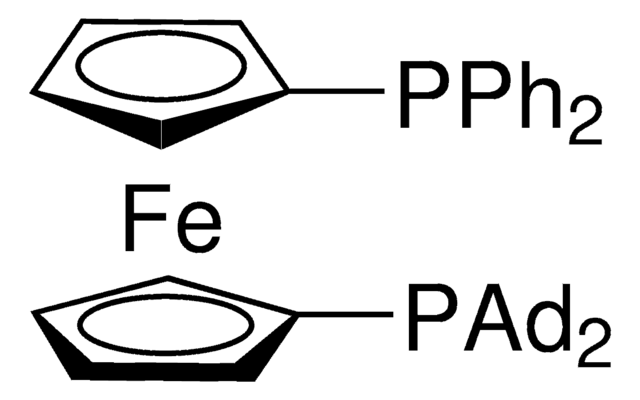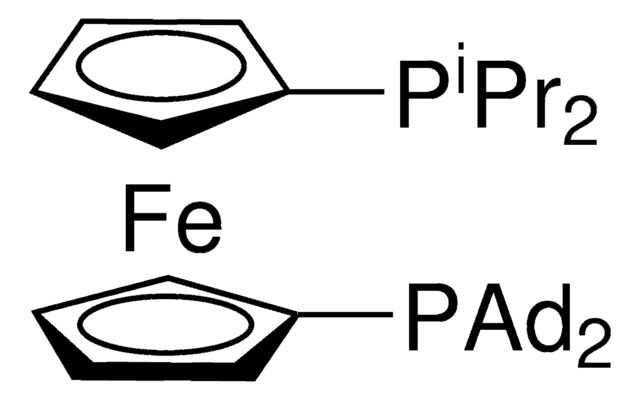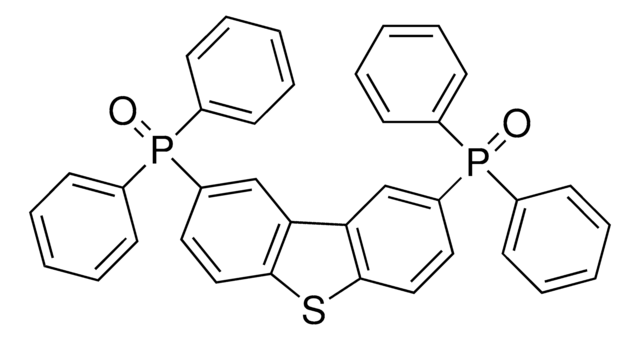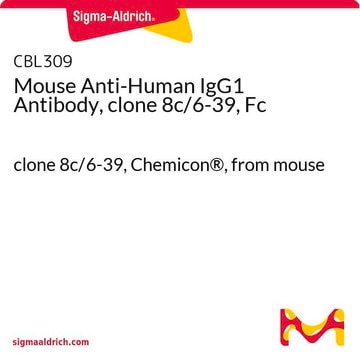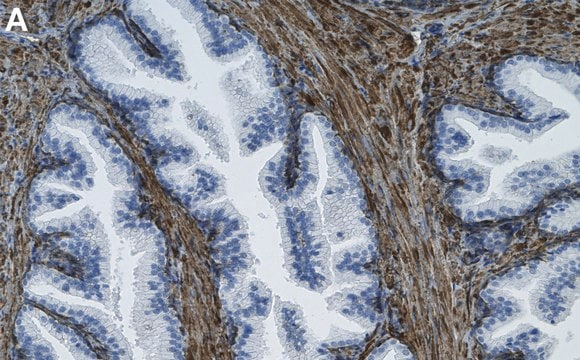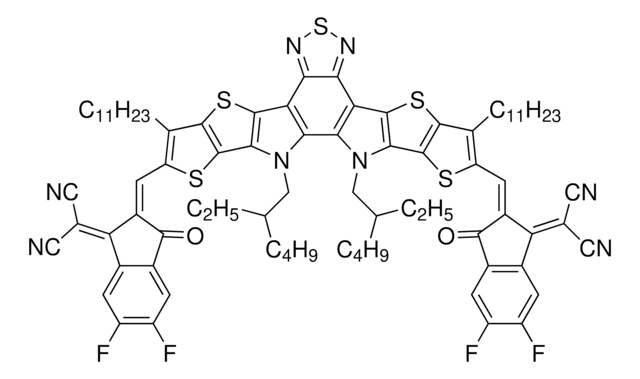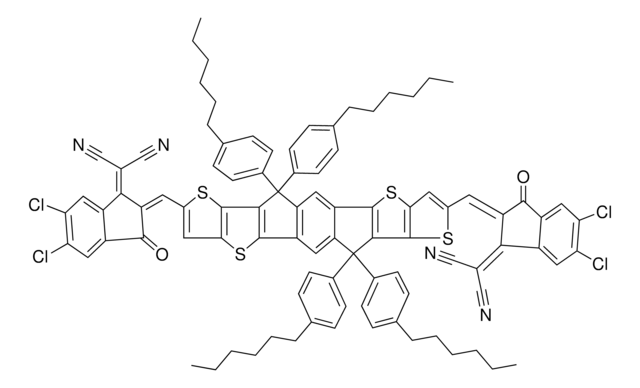CBL479
Anti-Integrin β3 Antibody, clone PM6/13
clone PM6/13, Chemicon®, from mouse
Synonym(s):
CD61
About This Item
Recommended Products
biological source
mouse
Quality Level
antibody form
purified immunoglobulin
clone
PM6/13, monoclonal
species reactivity
human
manufacturer/tradename
Chemicon®
technique(s)
flow cytometry: suitable
immunohistochemistry (formalin-fixed, paraffin-embedded sections): suitable
immunoprecipitation (IP): suitable
western blot: suitable
isotype
IgG1
NCBI accession no.
UniProt accession no.
shipped in
wet ice
target post-translational modification
unmodified
Gene Information
human ... ITGB3(3690)
Specificity
Antigen distribution:
Platelets >98%
Megakaryocytes >98%
Granulocytes 0%
Monocytes 0%
LGL cells 0%
B cells 0%
T cells 0%
Peripheral blood lymphocytes 0%
FUSION PARTNER: SP2/0 myeloma cell line
Immunogen
Application
Optimal working dilutions must be determined by the end user.
Cell Structure
Integrins
Linkage
Physical form
Storage and Stability
Legal Information
Disclaimer
recommended
Storage Class Code
12 - Non Combustible Liquids
WGK
WGK 2
Flash Point(F)
Not applicable
Flash Point(C)
Not applicable
Certificates of Analysis (COA)
Search for Certificates of Analysis (COA) by entering the products Lot/Batch Number. Lot and Batch Numbers can be found on a product’s label following the words ‘Lot’ or ‘Batch’.
Already Own This Product?
Find documentation for the products that you have recently purchased in the Document Library.
Our team of scientists has experience in all areas of research including Life Science, Material Science, Chemical Synthesis, Chromatography, Analytical and many others.
Contact Technical Service

